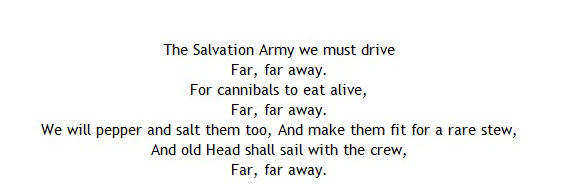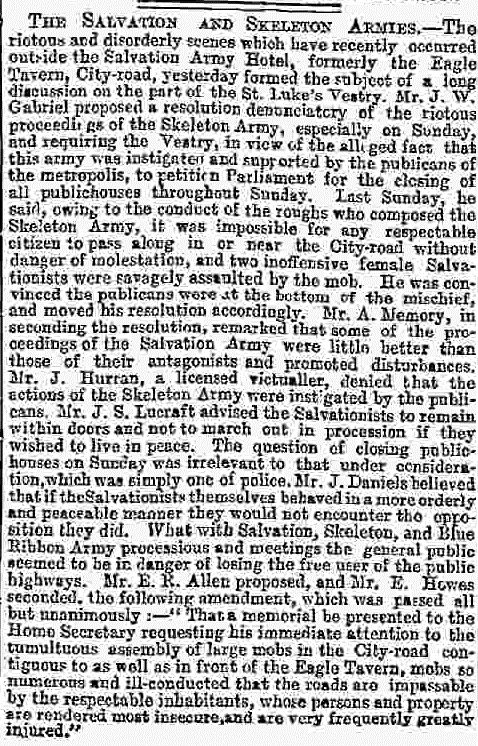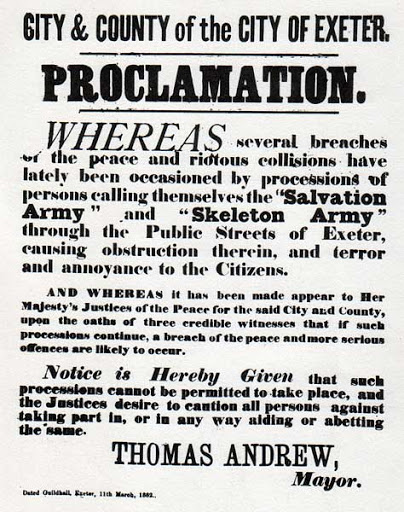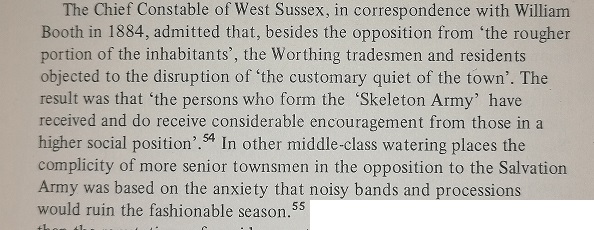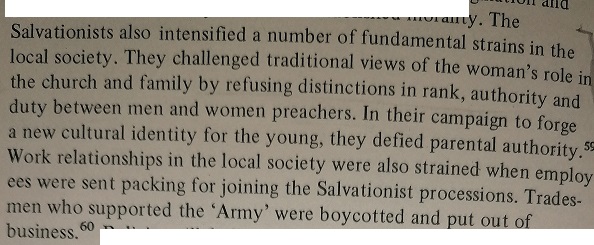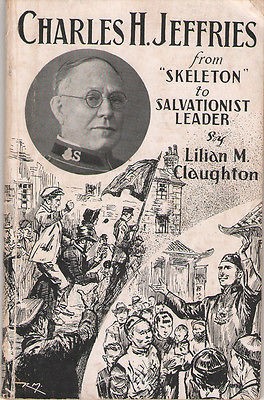I spend altogether too much time reading about charity history.
But every once in a while I still discover something entirely new to me that blows my mind.
And this is one of those times. 1/
But every once in a while I still discover something entirely new to me that blows my mind.
And this is one of those times. 1/
So let me share with you, if I may, a little thread on the fascinating story of “The Skeleton Army”… 2/
It’s a tale with many modern echoes, involving philanthropy, riots, religious militancy, power and paternalism…
Oh, and punk AF aesthetics. 3/
Oh, and punk AF aesthetics. 3/
The backdrop to all of this is that in 1878 the Christian Mission, established by “General” William Booth, evolved into the Salvation Army - adopting a new militaristic approach and tone as part of its efforts to convert people to its cause. 4/
This made them rather unpopular in many quarters- especially among the poor, who didn’t much like being lectured or called “human sludge” (As Booth did in one of his books).
So they began to react... 5/
So they began to react... 5/
This developed into a series of full-blown “Salvation Army riots”.
These happened around the UK, but were most prevalent in smaller towns in S England. 6/
These happened around the UK, but were most prevalent in smaller towns in S England. 6/
In 1881 in Weston-Super-Mare the Salvation Army’s opponents took on a new identity, calling themselves “The Skeleton Army” (and other groups quickly adopted the moniker in protests in other towns). 7/
As if name wasn’t punk AF enough, they even had a ‘zine.
So basically they were the Dead Kennedys at this point, minus some badges. 8/
So basically they were the Dead Kennedys at this point, minus some badges. 8/
Oh, wait… they had badges.
Pin badges. With frickin skulls on. https://abs.twimg.com/emoji/v2/... draggable="false" alt="🤘" title="Heavy-Metal-Handzeichen" aria-label="Emoji: Heavy-Metal-Handzeichen"> 9/
https://abs.twimg.com/emoji/v2/... draggable="false" alt="🤘" title="Heavy-Metal-Handzeichen" aria-label="Emoji: Heavy-Metal-Handzeichen"> 9/
Pin badges. With frickin skulls on.
The Skeleton Armies came up with all sorts of tactics to unsettle the Salvationists as they marched through towns.
A lot of them are seemingly childish dick moves, but with a certain element of panache: 10/
A lot of them are seemingly childish dick moves, but with a certain element of panache: 10/
They would deliberately mock the Salvationists by aping elements of their marches- for instance singing reworded versions of their hymns, like this distinctly creepy little number: 11/
The Skeletons also developed their own mantra of “beef, beer and bacca”- satirising the Salvation Army’s “Soup, Soap & Salvation” credo and highlighting disdain for the temperance message. 12/
For a while, the Salvation Army found this quite flattering.
(I guess having someone bother to dress up as a skeleton and rip off your songs does suggest you are having an impact of some sort…) 13/
(I guess having someone bother to dress up as a skeleton and rip off your songs does suggest you are having an impact of some sort…) 13/
But over time clashes between the Skeletons and the Salvationists became less funny and more intense/violent over time, even flaring up into full-blown riots, as in Worthing in 1884: 14/
This started to cause alarm at a local and national level. Here, for instance is a concerned article from the Times in 1883: 15/
And here is a proclamation by the City of Exeter banning both Skeleton and Salvation Army marches in 1882: 16/
The fact that the Salvationists were also getting the blame highlights one crucial feature: that in many cases public and official sympathy was largely on the side of the Skeletons. 17/
This may seem like a victory for proletarian people-power over philanthropic paternalism, but the truth may be less clear-cut than that… 18/
For instance, a lot of the activity of the Skeleton Army was being encouraged and supported by the brewing trade and pub owners as part of their was against the Salvationists’ temperance campaign: 19/
More broadly, established powers- particularly in small towns – often didn’t like the way the Salvation Army upset existing power structures (e.g. by allowing women or the working class to be on an equal footing). 20/
So: rather than being an example of working class resistance with cool aesthetics, were the skeleton riots in fact more of a reactionary reflection of existing power structures? 21/
In any case, I think the whole thing is pleasingly confusing and absolutely fascinating. 22/
And as a cheeky addendum: one Skeletonist, Charles Jeffries, was subsequently “saved” and went on to become a high-ranking Salavationist (even turning his story into a book...) Fin/
If you want to read more on the Skeleton Army (and where I got all this stuff from), here are some sources:
The key one is Bailey, (1997) “Salvation Army Riots, the ‘Skeleton Army’ & Legal Authority in the Provincial Town (in Donajgrodzki (ed) “Social Control in C19th Britain”)
The key one is Bailey, (1997) “Salvation Army Riots, the ‘Skeleton Army’ & Legal Authority in the Provincial Town (in Donajgrodzki (ed) “Social Control in C19th Britain”)
Free to read on the web, there’s a good blog from the Salvation Army’s own history project: https://www.salvationarmy.org.uk/about-us/international-heritage-centre/international-heritage-centre-blog/blood-fire-skulls">https://www.salvationarmy.org.uk/about-us/... , a blog about the Worthing Riot: https://westsussexrecordofficeblog.com/2020/01/03/beef-beer-and-bacca-versus-soup-soap-and-salvation-the-skeleton-army-riots-of-worthing-1884/
And">https://westsussexrecordofficeblog.com/2020/01/0... a pretty handy Wikipedia entry: https://en.wikipedia.org/wiki/Skeleton_Army">https://en.wikipedia.org/wiki/Skel...
Enjoy!
And">https://westsussexrecordofficeblog.com/2020/01/0... a pretty handy Wikipedia entry: https://en.wikipedia.org/wiki/Skeleton_Army">https://en.wikipedia.org/wiki/Skel...
Enjoy!
Oh, there& #39;s also another Bailey paper on the relationship between the Salvation Army and early socialists that& #39;s related and worth reading if you enjoyed this stuff: https://kuscholarworks.ku.edu/bitstream/handle/1808/8331/Bailey_SalvationArmy.pdf;sequence=1">https://kuscholarworks.ku.edu/bitstream...

 Read on Twitter
Read on Twitter
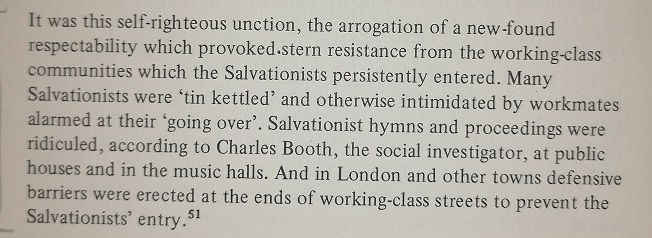
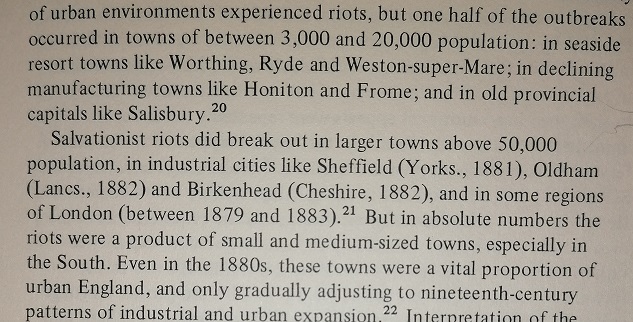
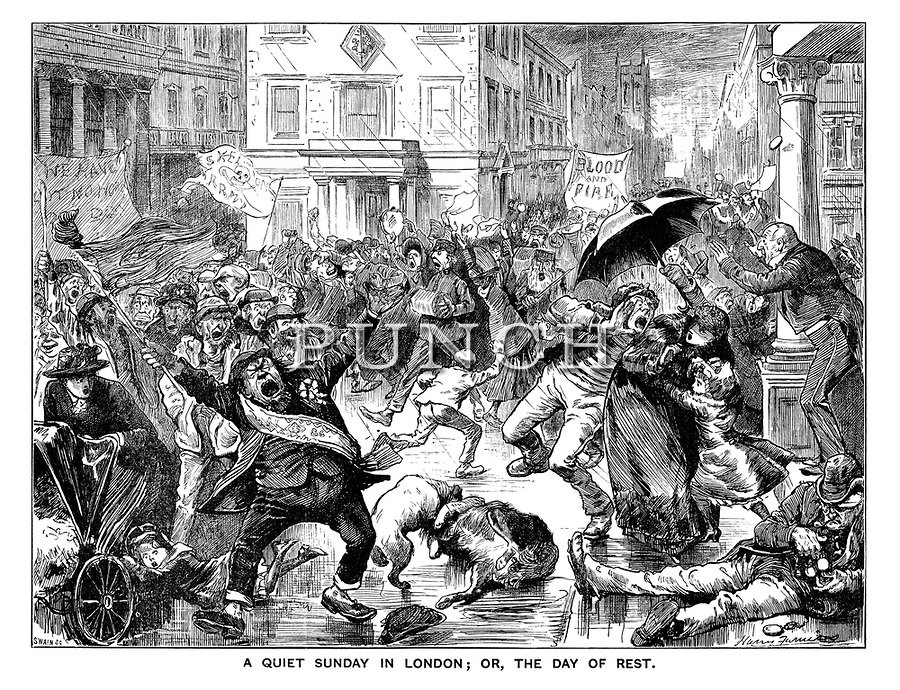
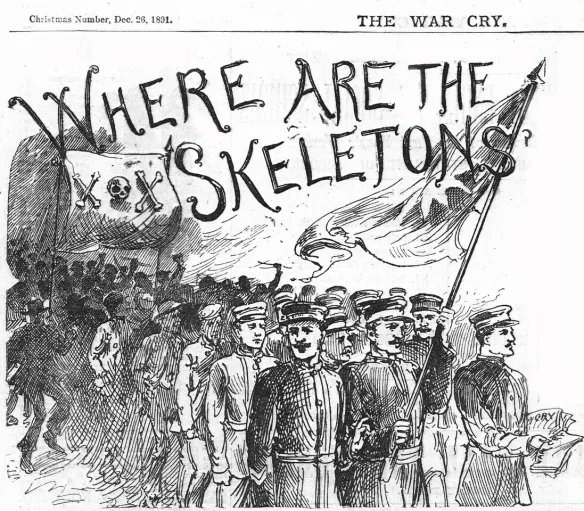
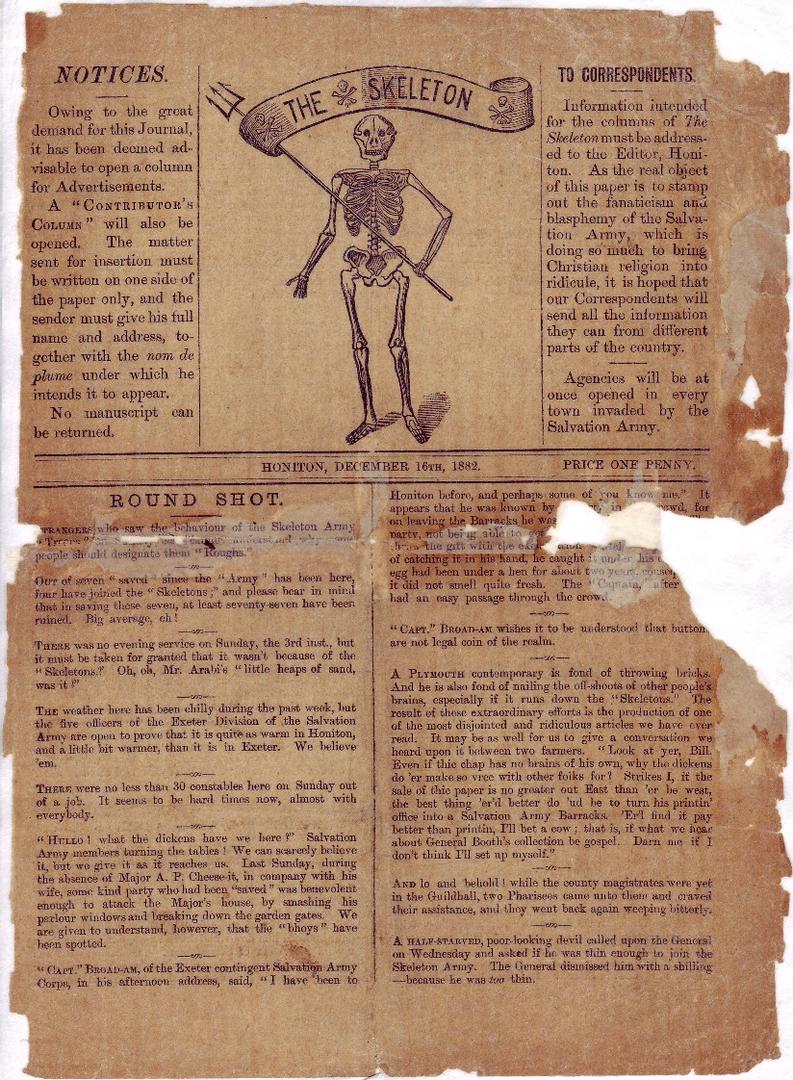
 9/" title="Oh, wait… they had badges.Pin badges. With frickin skulls on.https://abs.twimg.com/emoji/v2/... draggable="false" alt="🤘" title="Heavy-Metal-Handzeichen" aria-label="Emoji: Heavy-Metal-Handzeichen"> 9/" class="img-responsive" style="max-width:100%;"/>
9/" title="Oh, wait… they had badges.Pin badges. With frickin skulls on.https://abs.twimg.com/emoji/v2/... draggable="false" alt="🤘" title="Heavy-Metal-Handzeichen" aria-label="Emoji: Heavy-Metal-Handzeichen"> 9/" class="img-responsive" style="max-width:100%;"/>

